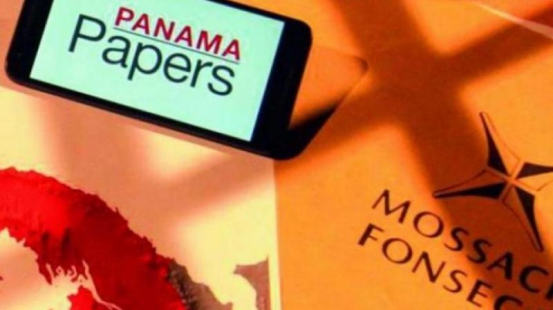×
The Standard e-Paper
Join Thousands Daily

The Paradise Papers leak released last week once again gave the world a glimpse of efforts by rich individuals and corporations to hide their wealth, coming after recent leaks, including the Panama Papers.
Both Paradise and Panama Papers are a set of close to 25 million leaked documents that detail financial and attorney-client information for hundreds of thousands of offshore entities containing personal financial information about wealthy individuals and public officials that had previously been kept private.